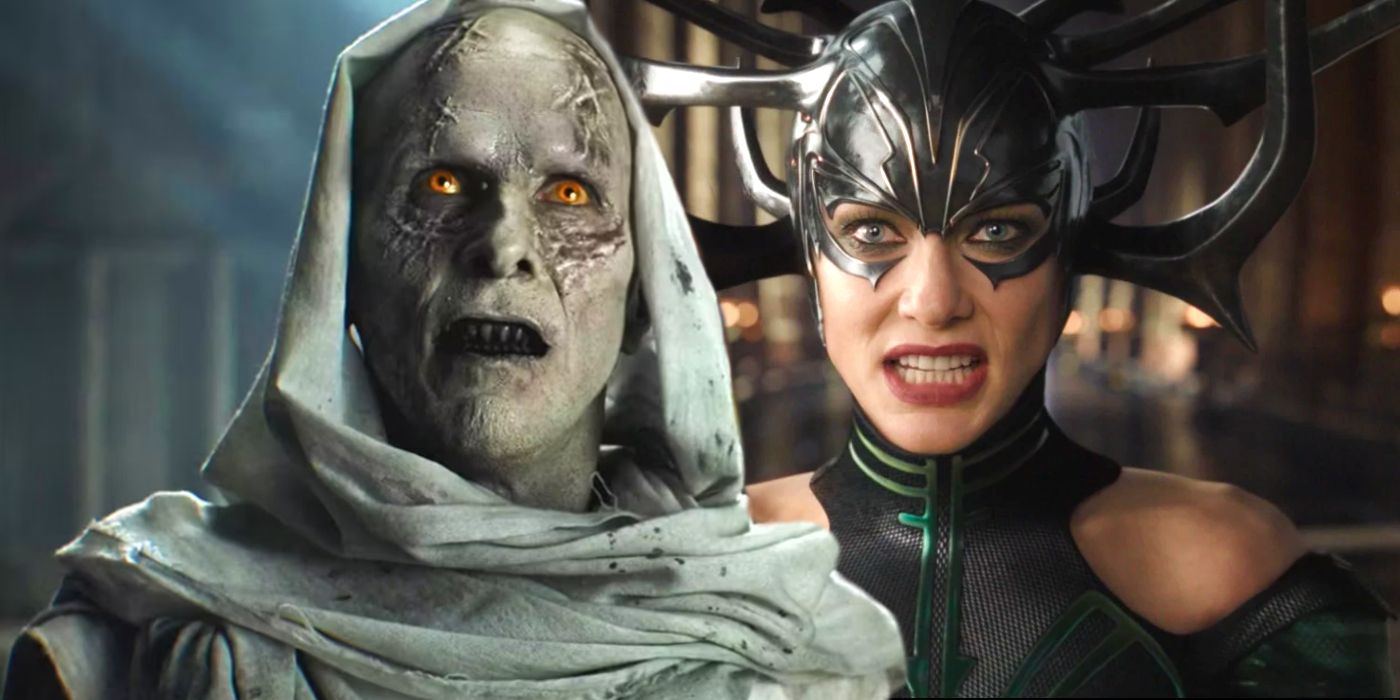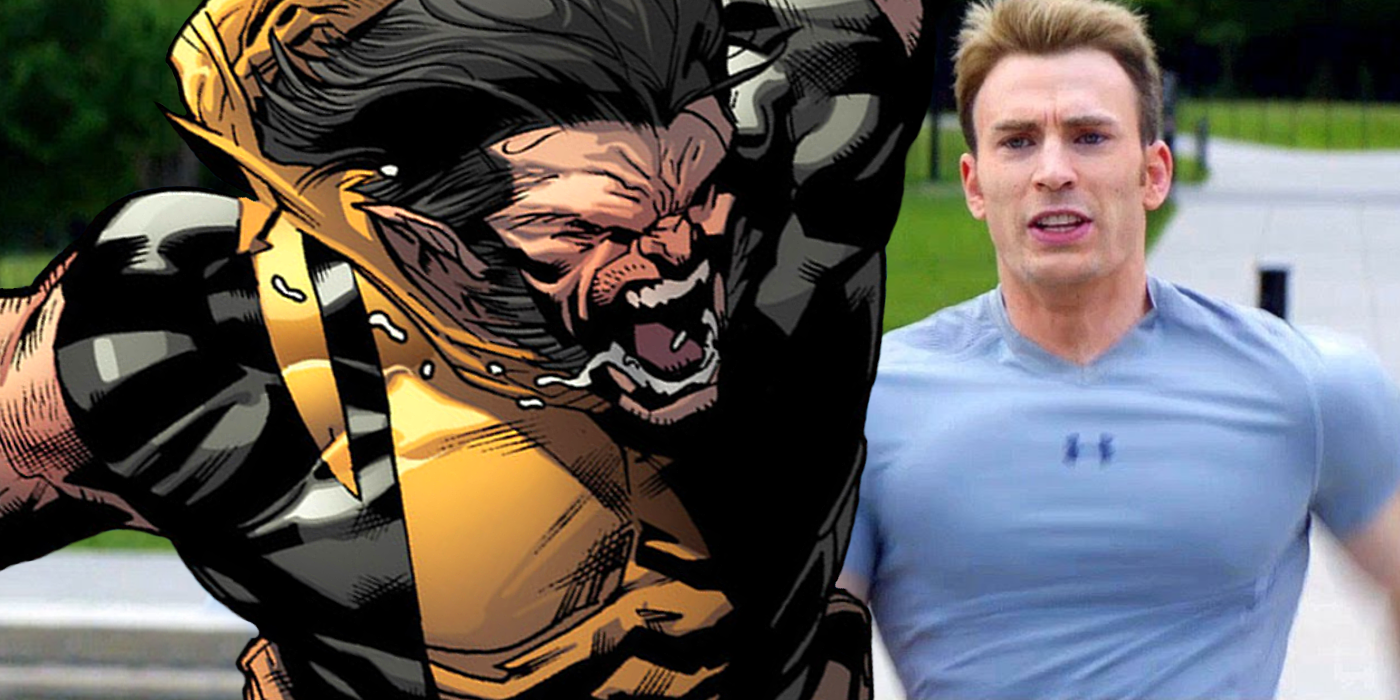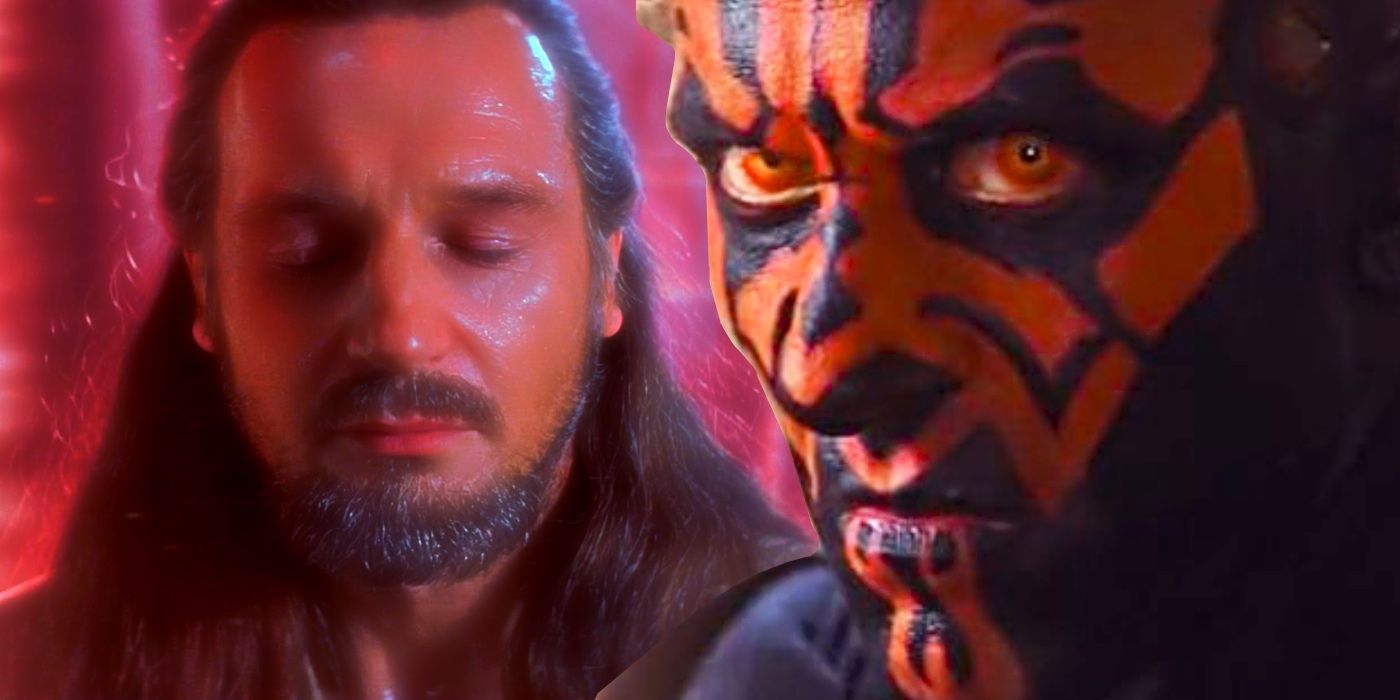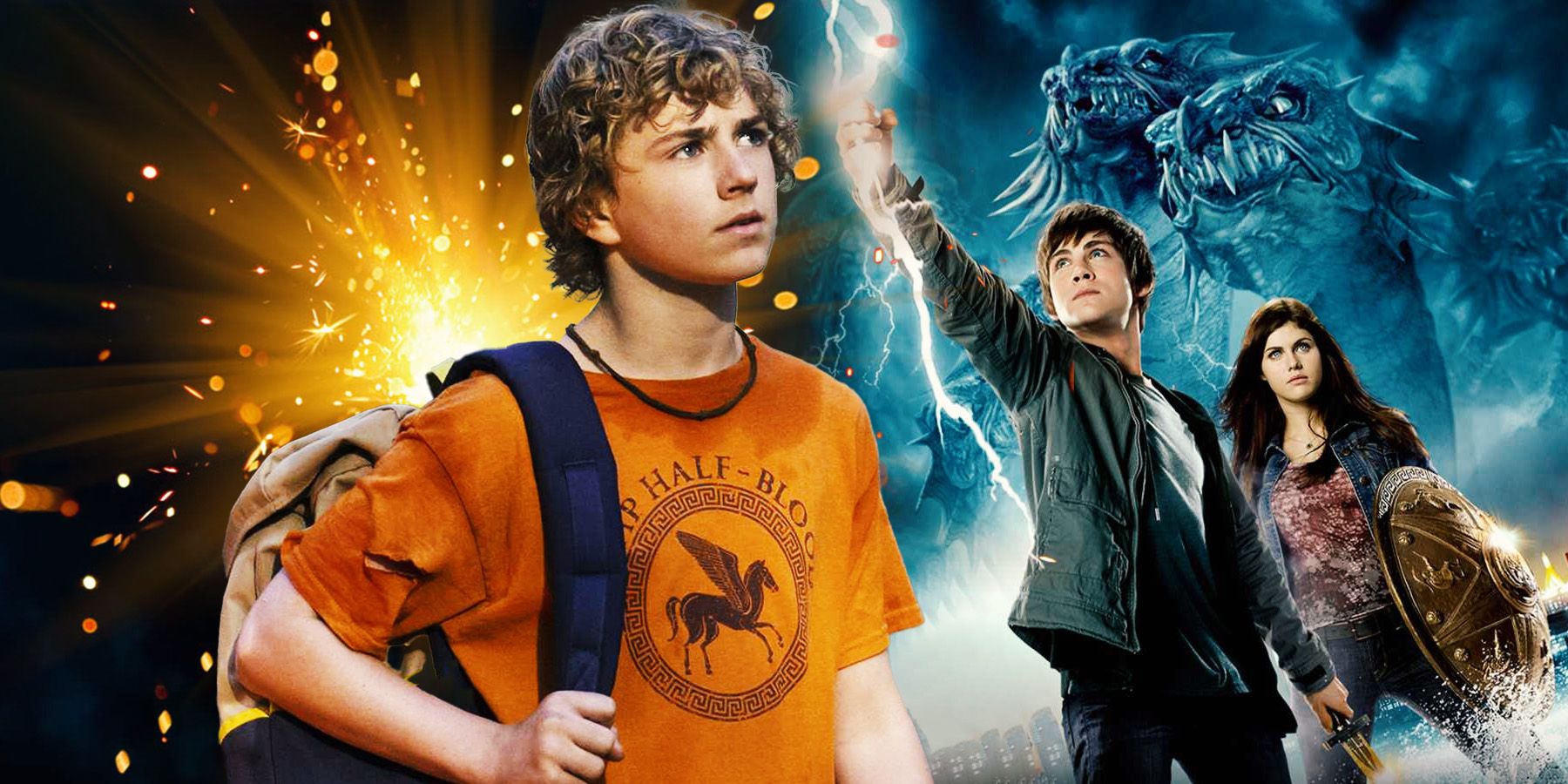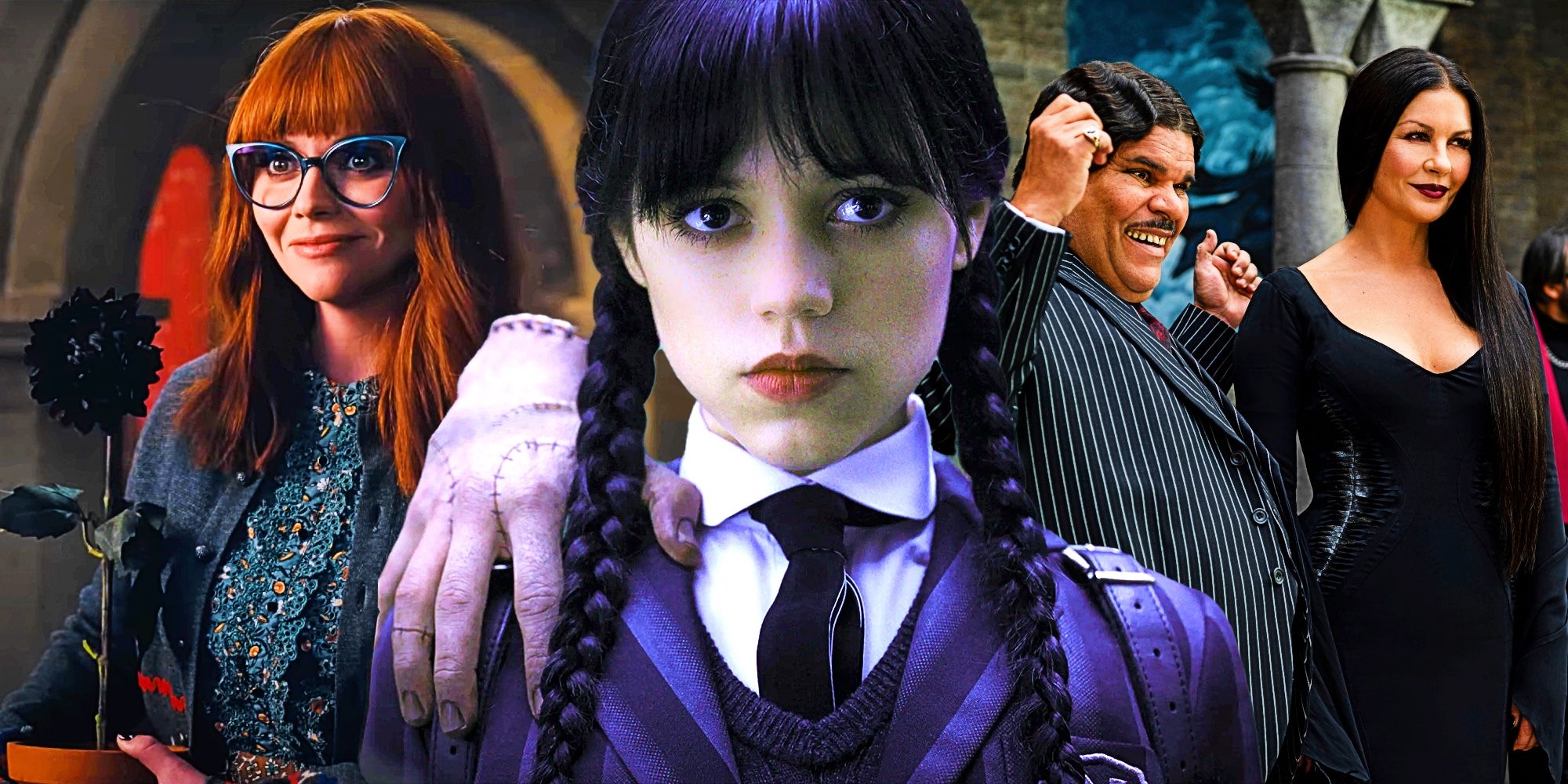David Lynch is one of the most acclaimed filmmakers in the world, because his movies are disturbing, deeply immersive, and packed with thought-provoking themes. Lynch has frequently refused to explain the meaning in his films and instead leaves the audience to come up with their own meaning. This ambiguity has kept viewers coming back to Lynch’s movies again and again.
No matter how many times a given Lynch fan watches Eraserhead or Blue Velvet or Mulholland Drive, they’ll never fully make sense. But some of Lynch’s movies, like Lost Highway, are more rewatchable than others, like Twin Peaks: Fire Walk with Me.
Twin Peaks: Fire Walk With Me (1992)
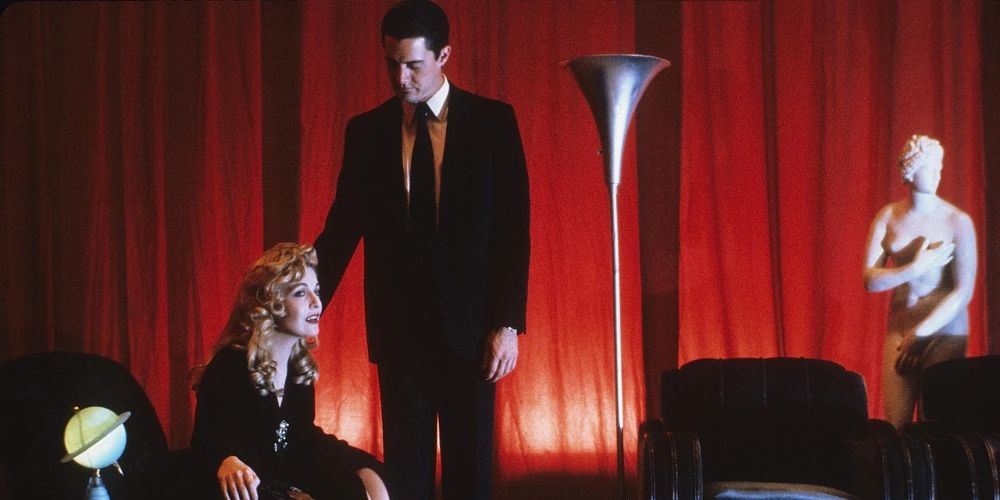
Twin Peaks: Fire Walk with Me is nowhere near as profound or groundbreaking as the TV series it was spun off from. It barely holds together as a movie; it feels cobbled together out of unused material from the TV show.
The movie lacks the offbeat sense of humor that made the original series such a delight. Kyle MacLachlan is always a joy to watch in the role of Special Agent Dale Cooper, but he hardly has any screen time in Fire Walk with Me.
The Straight Story (1999)
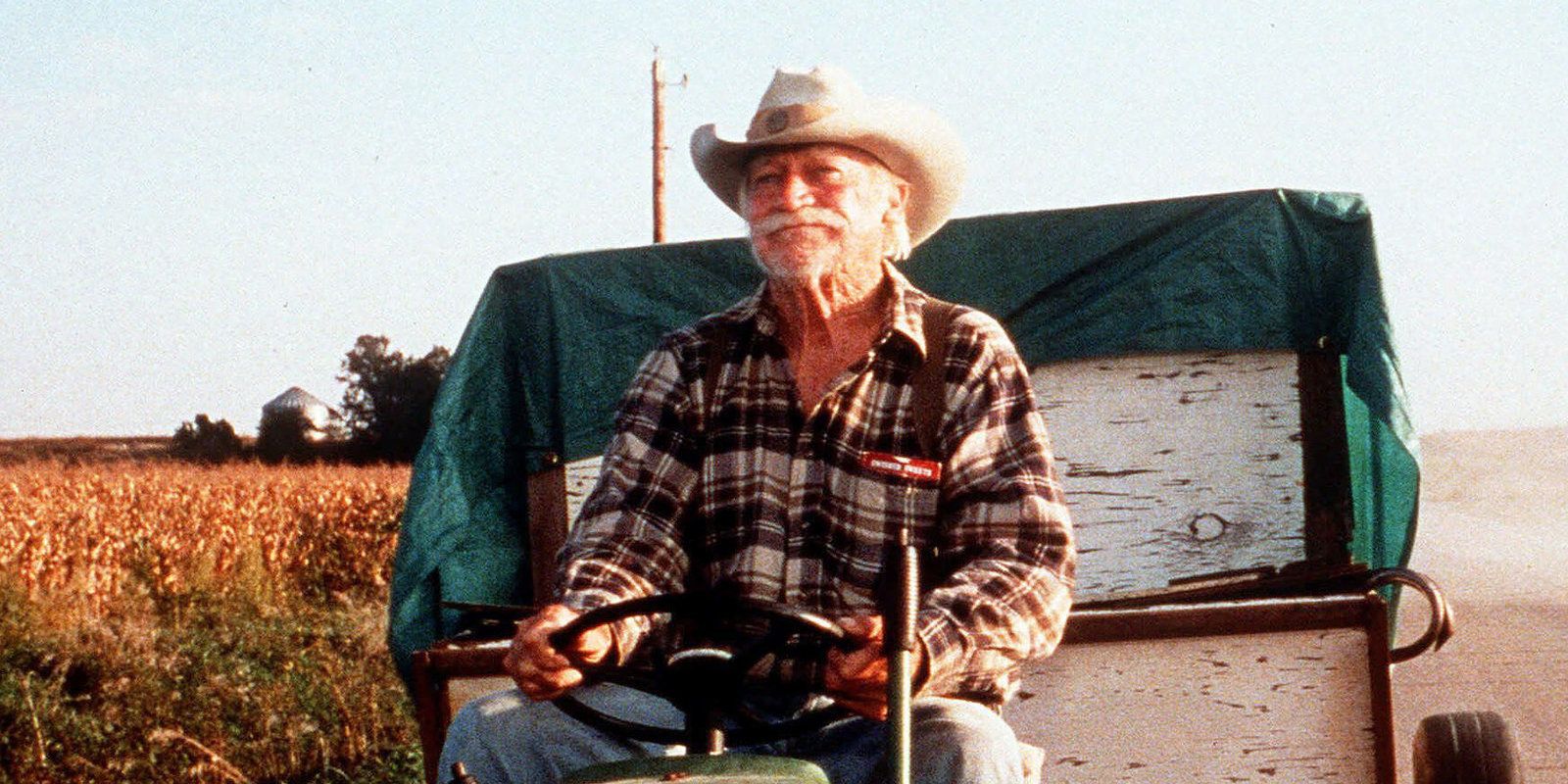
As its title would suggest, The Straight Story has no hidden meanings. It’s a standard biopic – Lynch’s most conventional film to date – telling the heartwarming, human tale of a man who drove across Iowa and Wisconsin on a lawnmower to visit his dying brother and make amends.
While The Straight Story is nowhere near as rewatchable as Lynch’s supernatural thrillers, it’s worth checking out at least once for its heartstring-tugging true story.
Dune (1984)
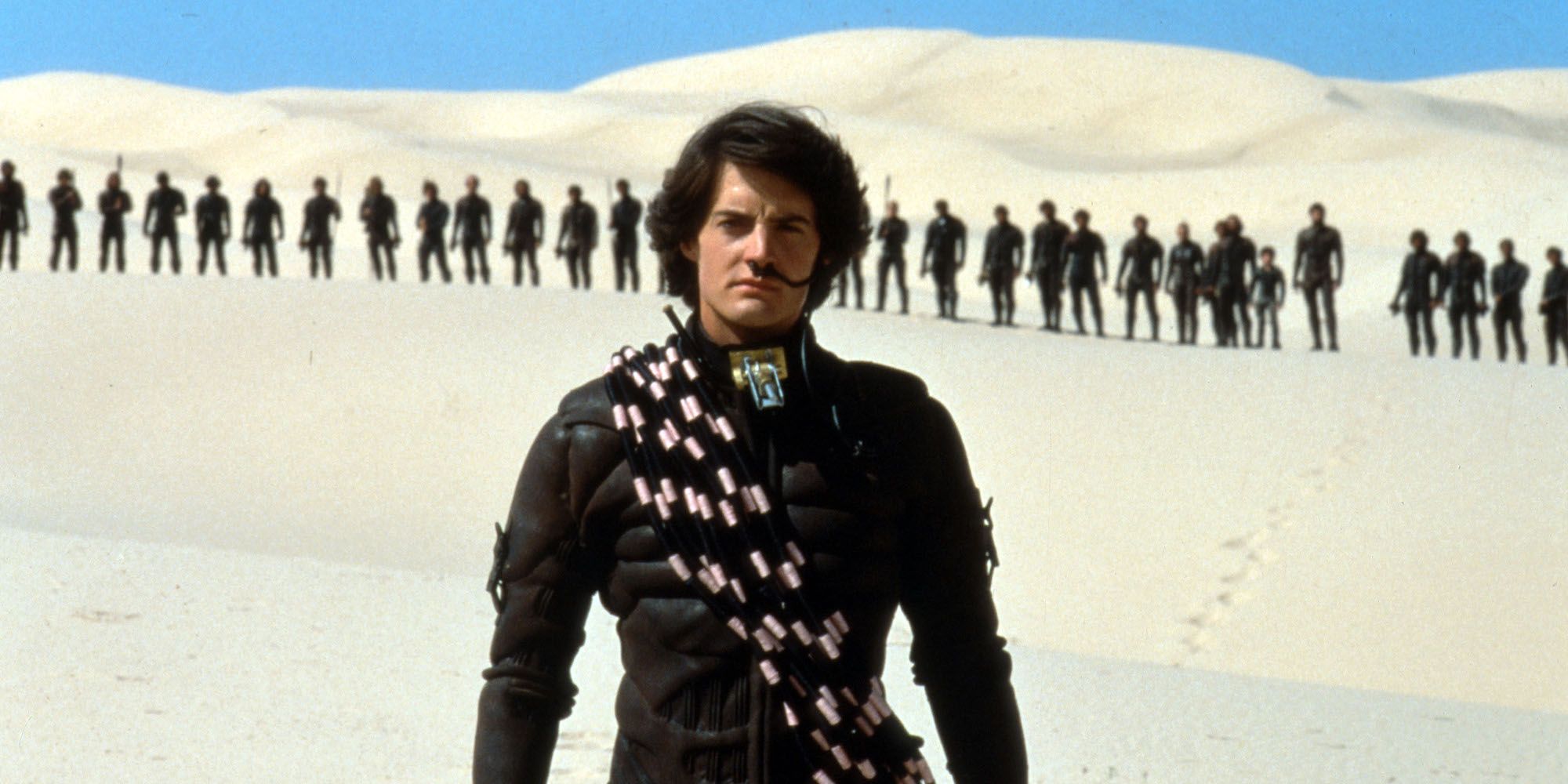
Lynch’s first and last big-budget studio movie, Dune, was one of the most troubled productions in Hollywood history. The producers insisted that Lynch had to condense Frank Herbert’s seminal sci-fi opus into a two-hour runtime. When Denis Villeneuve re-adapted the book with much more critical and commercial success in 2021, he couldn’t even keep the first half of the novel under two hours.
Still, there’s a lot more to love in the 1984 version of Dune than its reputation would suggest. There are some great performances in the movie, like Brad Dourif’s eccentric turn as Piter De Vries and Patrick Stewart’s nuanced turn as Gurney Halleck, and Lynch nailed the psychedelic visuals.
The Elephant Man (1980)
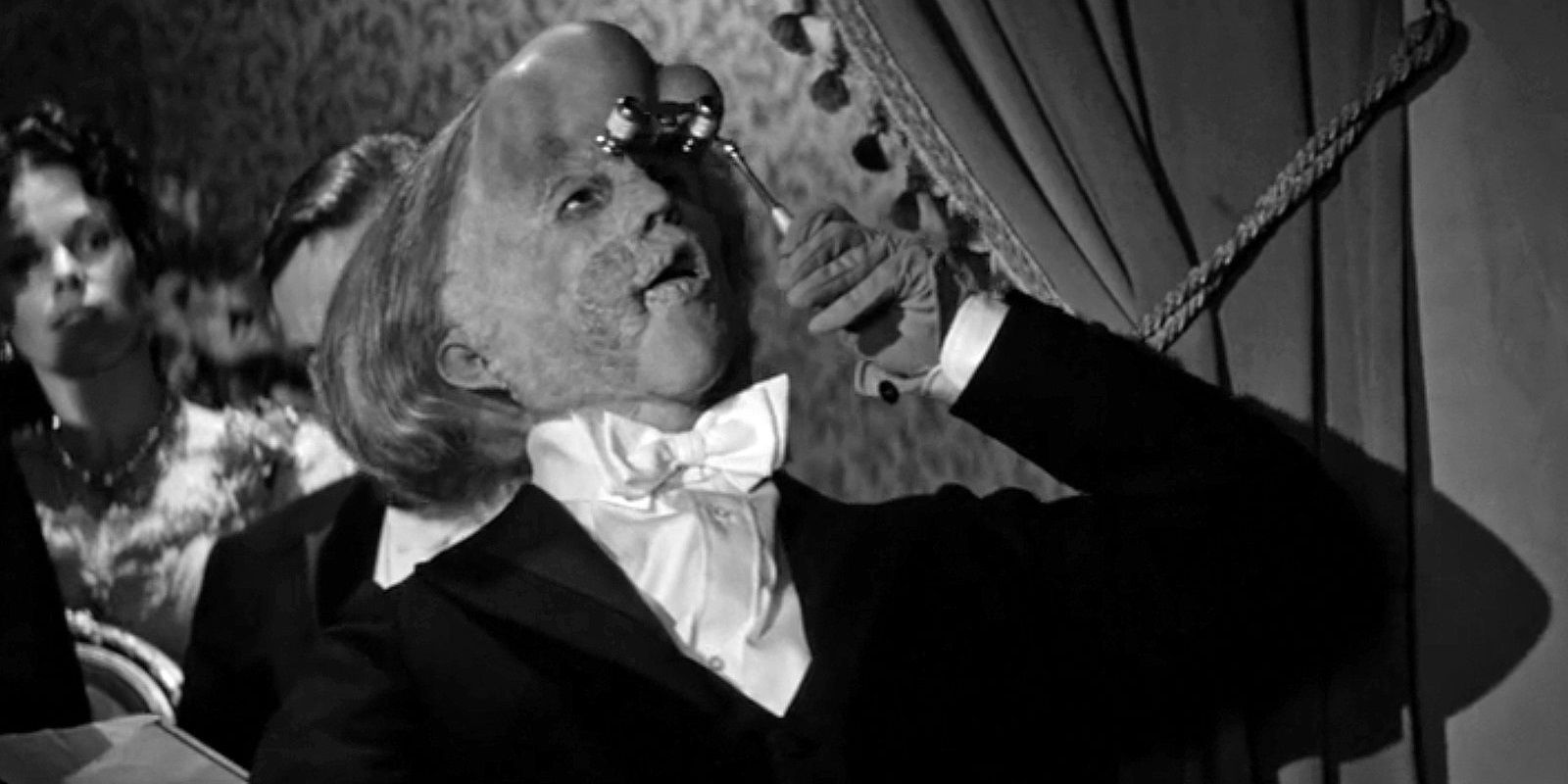
Lynch’s sophomore feature, The Elephant Man, has no paranormal elements. It’s a deeply moving biopic of deformed circus performer Joseph Merrick (renamed John Merrick in the movie), charting the heartfelt relationship he shares with a doctor who saves him from his sadistic ringleader.
John Hurt and Anthony Hopkins are perfectly matched in the lead roles, but the relentless cruelty faced by Merrick throughout the movie is difficult to watch.
Inland Empire (2006)
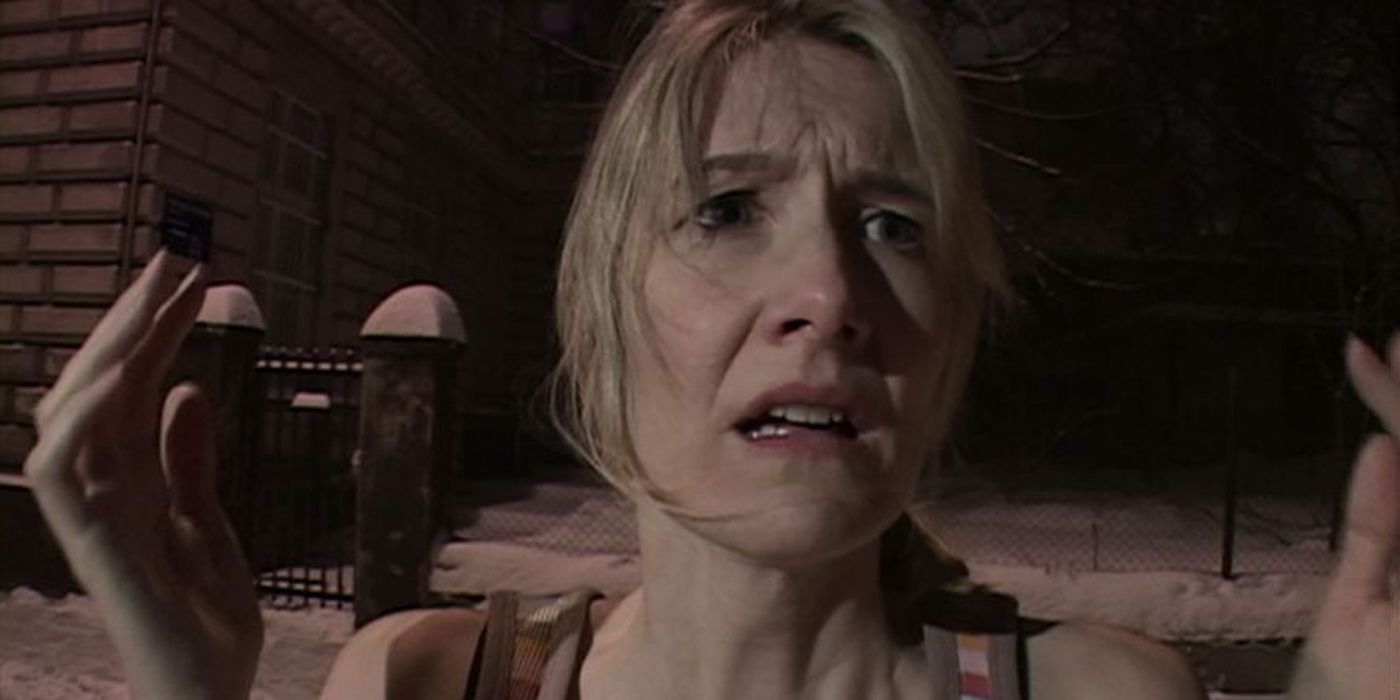
Lynch’s most recent feature film, Inland Empire, released 16 years ago, is one of his most experimental films (and that’s saying a lot, because they’re all pretty out there). The director usually gives his movies a loosely structured plot, but Inland Empire is a meandering, nightmarish viewing experience.
None of Lynch’s movies have a mainstream sensibility, but Inland Empire flies the most aggressively in the face of mainstream cinema. The surrealism goes a little too far for some viewers, but Laura Dern’s lead performance is typically fantastic.
Wild At Heart (1990)
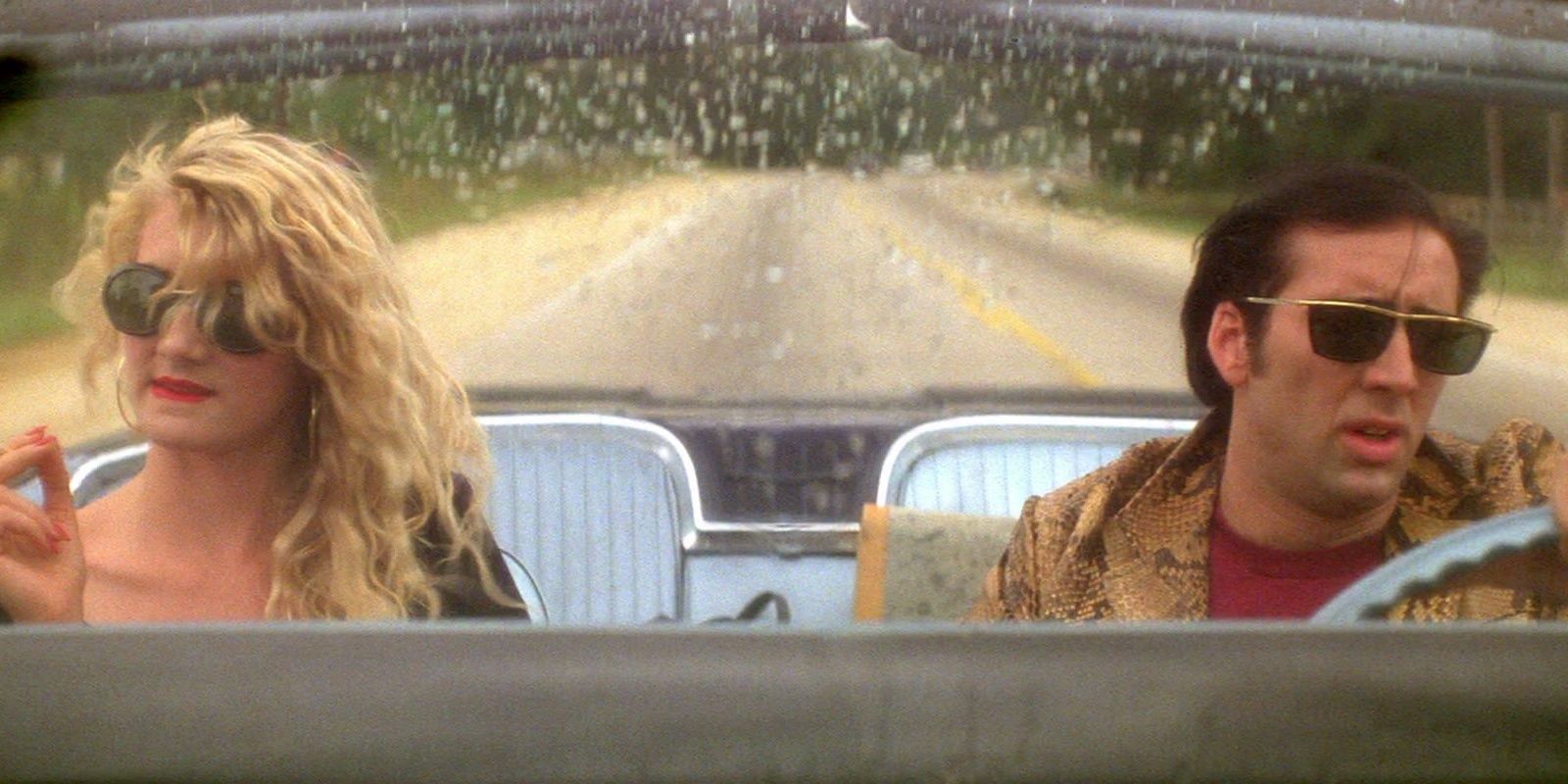
Lynch has dabbled in a few different genres, but his most straightforward genre movie (and its execution is still far from straightforward) is the gonzo road movie Wild at Heart.
Nicolas Cage and Laura Dern make for an endlessly compelling lead duo in this romantic thriller about a pair of lovers who go on the lam to outrun sadistic bounty hunters.
Lost Highway (1997)
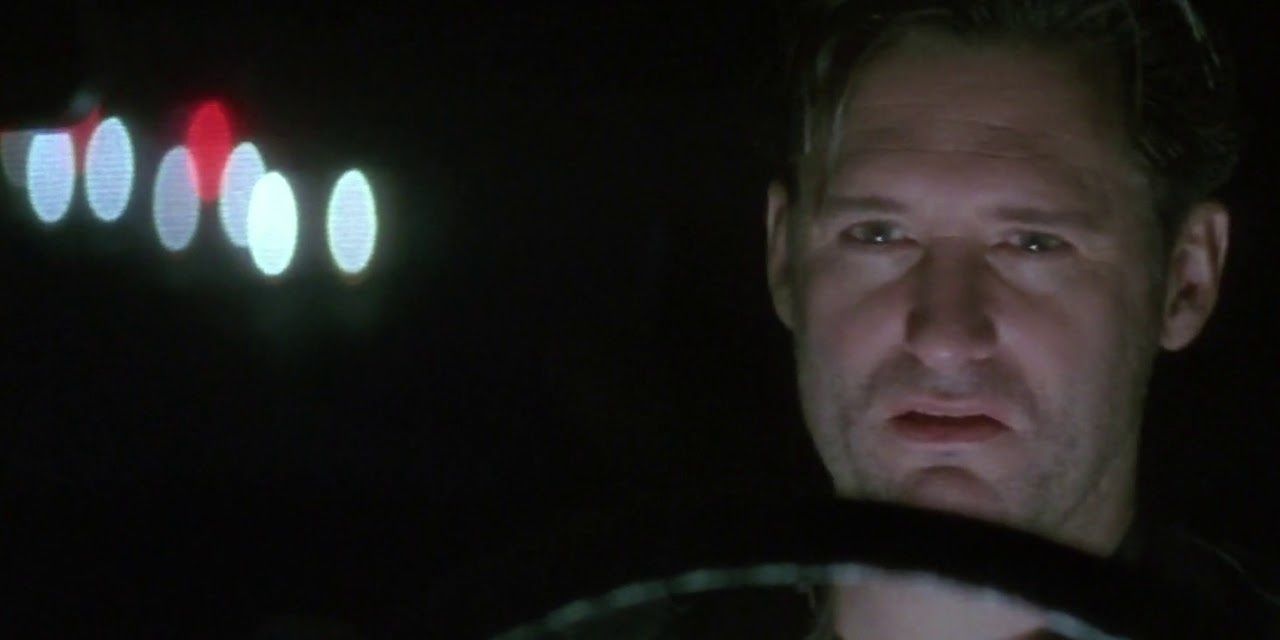
With its noir-tinged visuals, its lead character’s fractured identity, and a spooky supernatural character tormenting him from the shadows, Lost Highway has all the recognizable hallmarks of a David Lynch movie. It’s arguably his most underrated work.
The unique structure of Lost Highway makes it endlessly enjoyable. It’s structured like a Möbius strip: the second half mirrors the first half and the final scene leads back into the opening scene.
Eraserhead (1977)
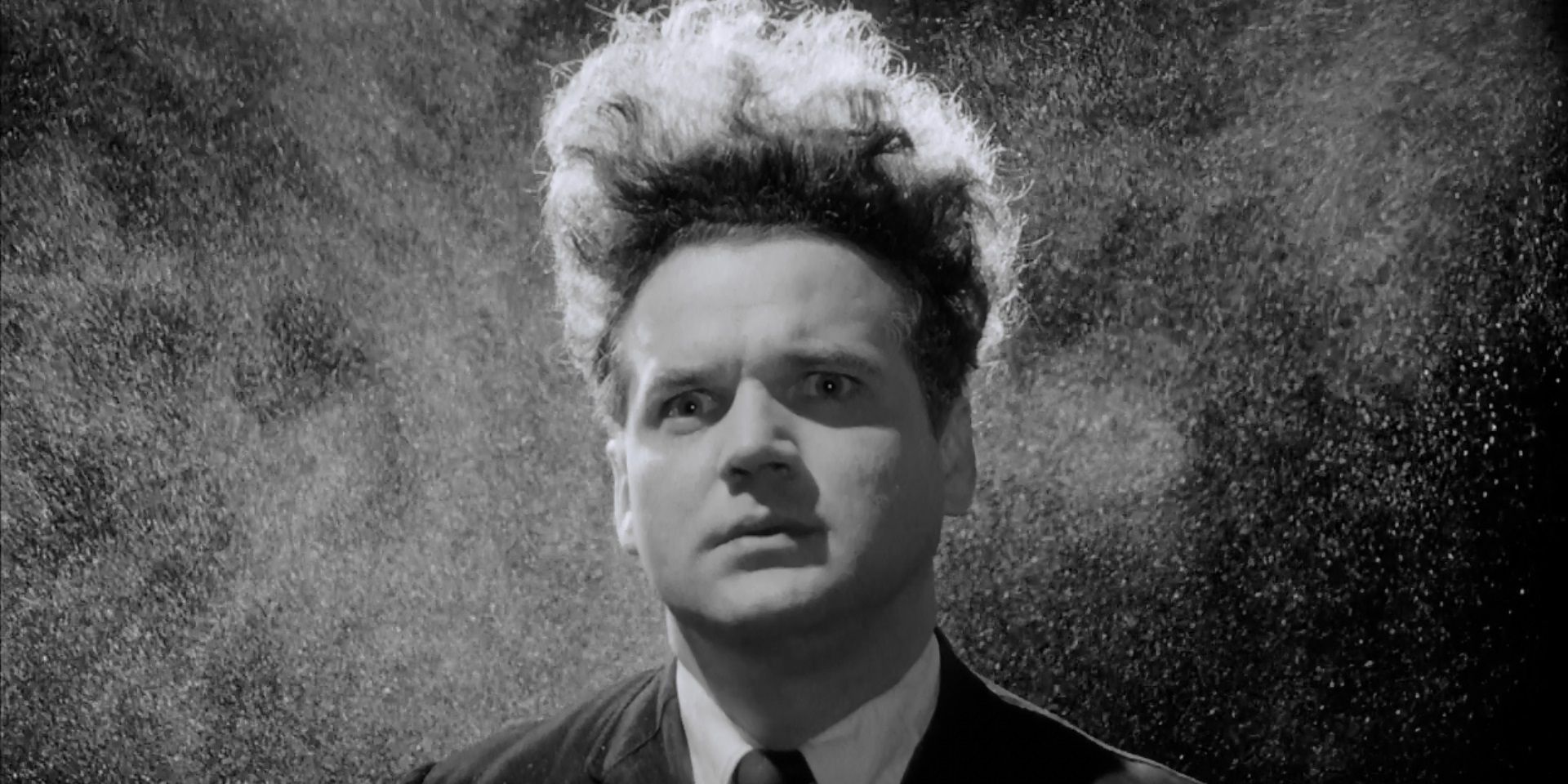
Lynch’s debut feature, Eraserhead, still holds up as one of his finest films. He established all the familiar trademarks of his directorial style in his first movie: magical realism, ambiguous meaning, a bizarre vision of Americana, creepy ambient noise layered over each scene, etc.
From the “In Heaven” dream sequence to the most awkward dinner scene in movie history, there are a bunch of iconic moments in Eraserhead that warrant regular rewatches.
Mulholland Drive (2001)
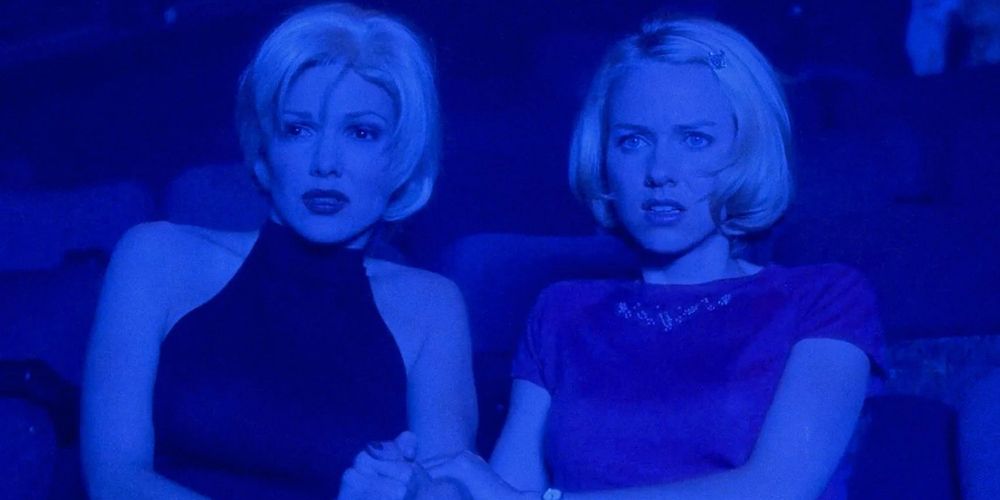
Almost all of Lynch’s movies are open to interpretation, but the most difficult one to figure out is Mulholland Drive. It’s both a sly satire of the phony glitz and glamor of the Hollywood film industry and a truly disturbing psychological horror noir.
Even if it doesn’t make any sense, Mulholland Drive is a wildly entertaining ride. Sequences like Betty’s audition and the Winkie’s nightmare will never get old.
Blue Velvet (1986)
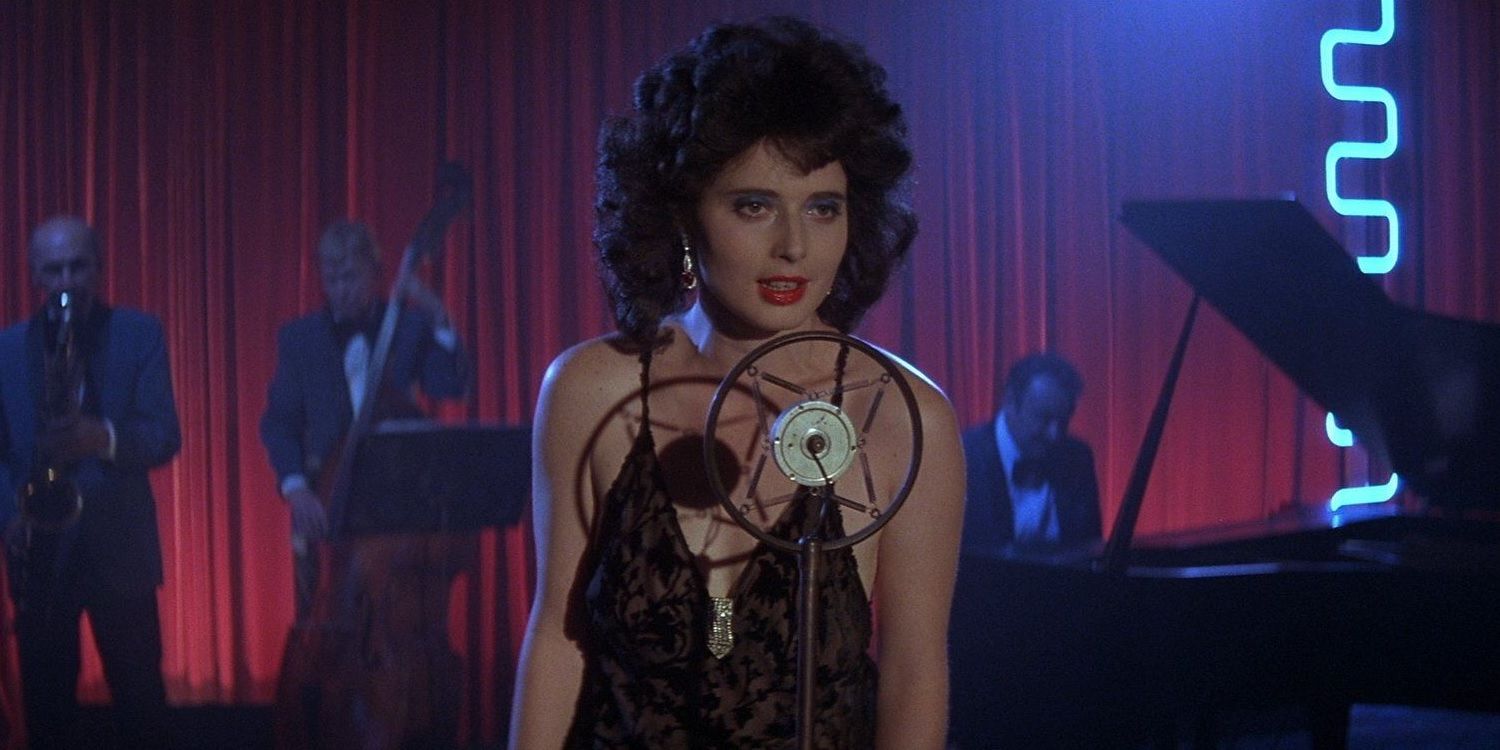
After the disappointment of Dune, Lynch went back to his roots and helmed arguably the quintessential David Lynch movie. Blue Velvet explores the seedy underbelly of the American suburbs through the eyes of conflicted everyman Jeffrey Beaumont.
With Blue Velvet, Lynch perfected his uniquely unsettling vision of film noir. Dorothy Vallens is a tragic inversion of the “femme fatale” trope and Frank Booth – complete with his “Daddy” and “Baby” personas – is one of the most terrifying villains in movie history.
